We are standing in the “other passports” queue when the immigration officer beckons us forward into the EU lane.
We hesitate, a bit confused, but then oblige as she insists with a gesture. She must have caught a glimpse of the maroon documents in my husband’s hands, although evidently not my toddler son’s navy one underneath.
“Ah,” she sighs as we get closer and she notices, but stamps us through anyway.
I’m briefly saddened, thinking about Brexit and the new status quo, just as I was a few weeks earlier, when Kamran’s passport arrived in the post.
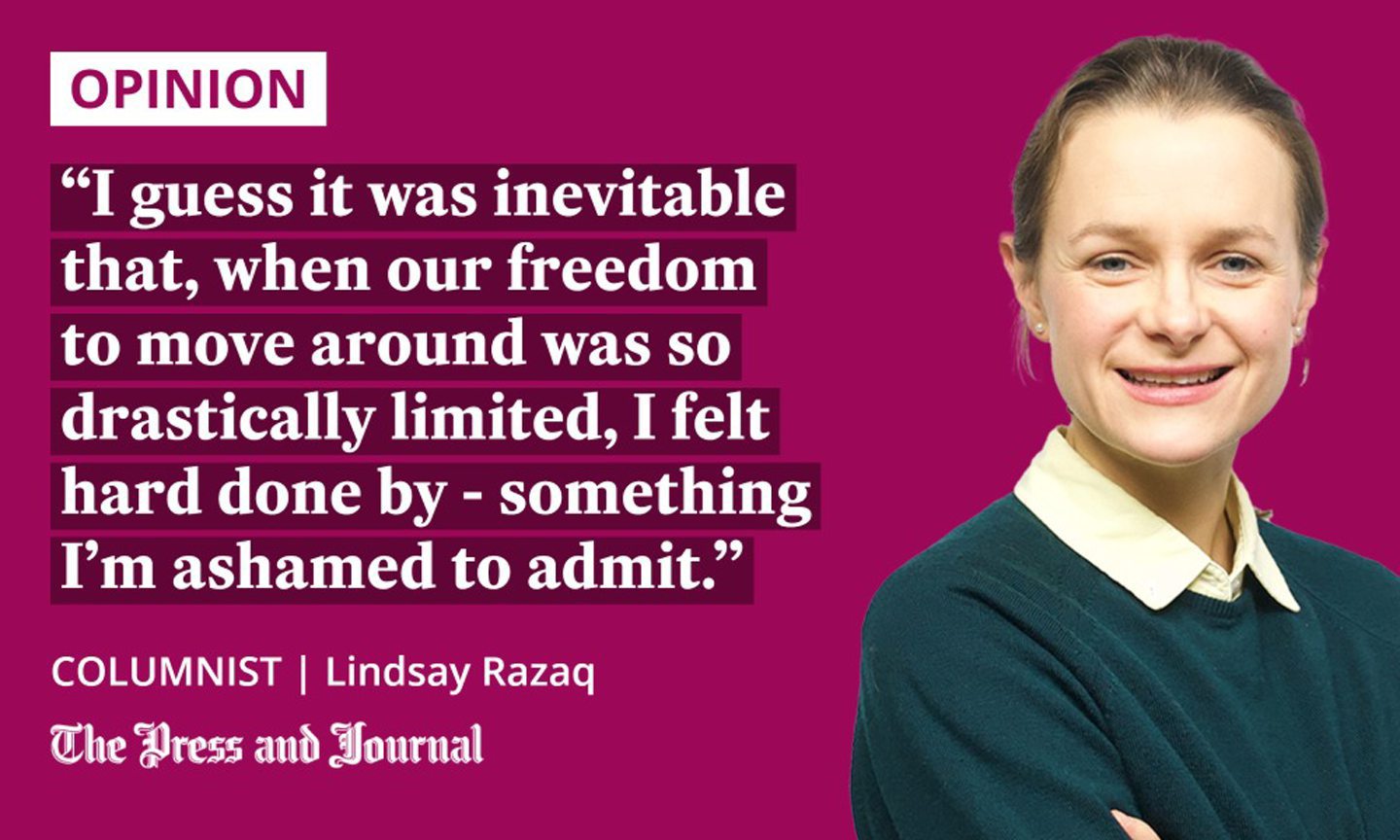
My overriding feeling, however, is excitement – we are off on holiday to Sweden, our first trip abroad in three years, due to Covid. The last time we left the UK, our daughter Maya, four, was younger than her two-year-old brother is now, and he was a mere twinkle in our eyes.
Who could have predicted that, within less than a year, our world would become both so much bigger and smaller all at once? Bigger in the form of that twinkle turning into a loud, disobedient reality, but smaller as we were forced to withdraw from society to protect ourselves and each other.
Why do we feel entitled to a holiday abroad?
During the initial lockdown, I was preoccupied with the last couple of months of pregnancy, and then the day-to-day survival of looking after a newborn.
As it continued, however, my thoughts often strayed into: “When are we going to be able to go on holiday?” territory. “Will we ever be able to go abroad again?”
I’m very lucky that, before Covid, I mostly enjoyed a foreign holiday once a year. In fact, looking back, there’s only one short-lived period during my childhood when this wasn’t the case.
My parents, who didn’t go abroad until they were teenagers, like to recount the story, for instance, of how I learned to walk on a beach in Menorca. And our long camping trips, which regularly involved several funny after-the-event mishaps, spark stories to this day.
I guess it was inevitable, to some extent, that, when our freedom to move around was so drastically limited, I felt hard done by – something I’m ashamed to admit, knowing now how much people have lost as a result of the pandemic, and in the context of the current cost of living crisis.
Since when did an annual foreign holiday become the expectation?
I’m grateful to be able to travel freely again
Clearly, I’m not the only one who’s missed it, though. We Brits, to the curiosity of many cultures, are notorious for our obsession with getting away.
Indeed, since the post-war holiday boom of the 1950s, boosted by the advent of paid leave and, later, package deals, we’ve been enthusiastically escaping our rainy island – recent heatwave aside – in favour of warmer climes.
Data for the 12 months to late July 2019 shows that more than six in 10 of us (64%) went abroad, the highest figure since 2011
According to the Office for National Statistics (ONS), in 2016, UK residents went on more than 45 million foreign holidays, up from 27 million in 1996. And, data for the 12 months to late July 2019, as reported by travel association Abta, shows that more than six in 10 of us (64%) went abroad, the highest figure since 2011.
Of course, there was a sharp decline in 2020. ONS modelling suggests there were 23.8 million visits overseas by UK residents, the lowest figure since 1985, and 74% fewer than the year before, although this will no doubt rise as confidence grows.
Certainly, I’m grateful to be able to travel freely again, albeit in our brave new post-Brexit world, and with an increased awareness of the environmental benefits of staying close to home, where splendours – perhaps previously underestimated and rediscovered in lockdown – abound.
I’m grateful, too, that my children can start their own bank of family holiday memories, and will have the chance to broaden their horizons.
Don’t forget past tiny victories
I’m grateful my world is both bigger and smaller once more. Bigger in that we’ve been allowed to let family, friends and strangers alike back in; smaller in terms of our planet’s renewed accessibility.
But, I also don’t want to forget the tiny victories that were the source of such joy – and, frankly, sustenance – during those dark times.
Sitting in someone else’s garden or permission to go inside another mum’s house for a playdate instead of having to soldier on, soggy and shivering, on a drizzly beach or in a freezing seafront park.
I don’t want to forget how good that first bite of a restaurant meal cooked by someone else tasted, or our 2020 New Year’s Eve “party”, when the four of us – if you count the seven-month-old baby – passed a parcel round the smallest of circles to a cheesy children’s playlist, a tradition we hope to carry on.
I must keep these so-called simple pleasures at the forefront of my mind and cling onto them tightly. Life is too short to slip into complacency or take anything for granted.
Lindsay Razaq is a journalist and former P&J Westminster political correspondent who now combines freelance writing with being a mum
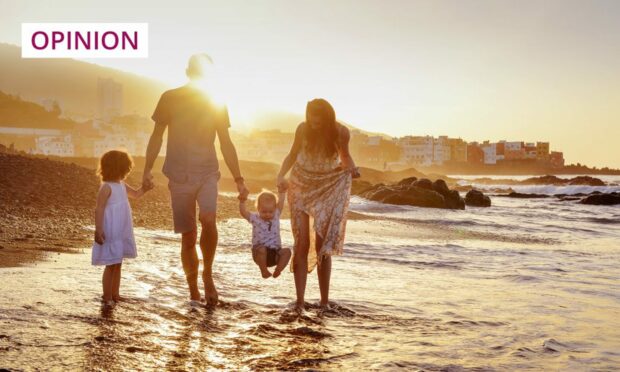
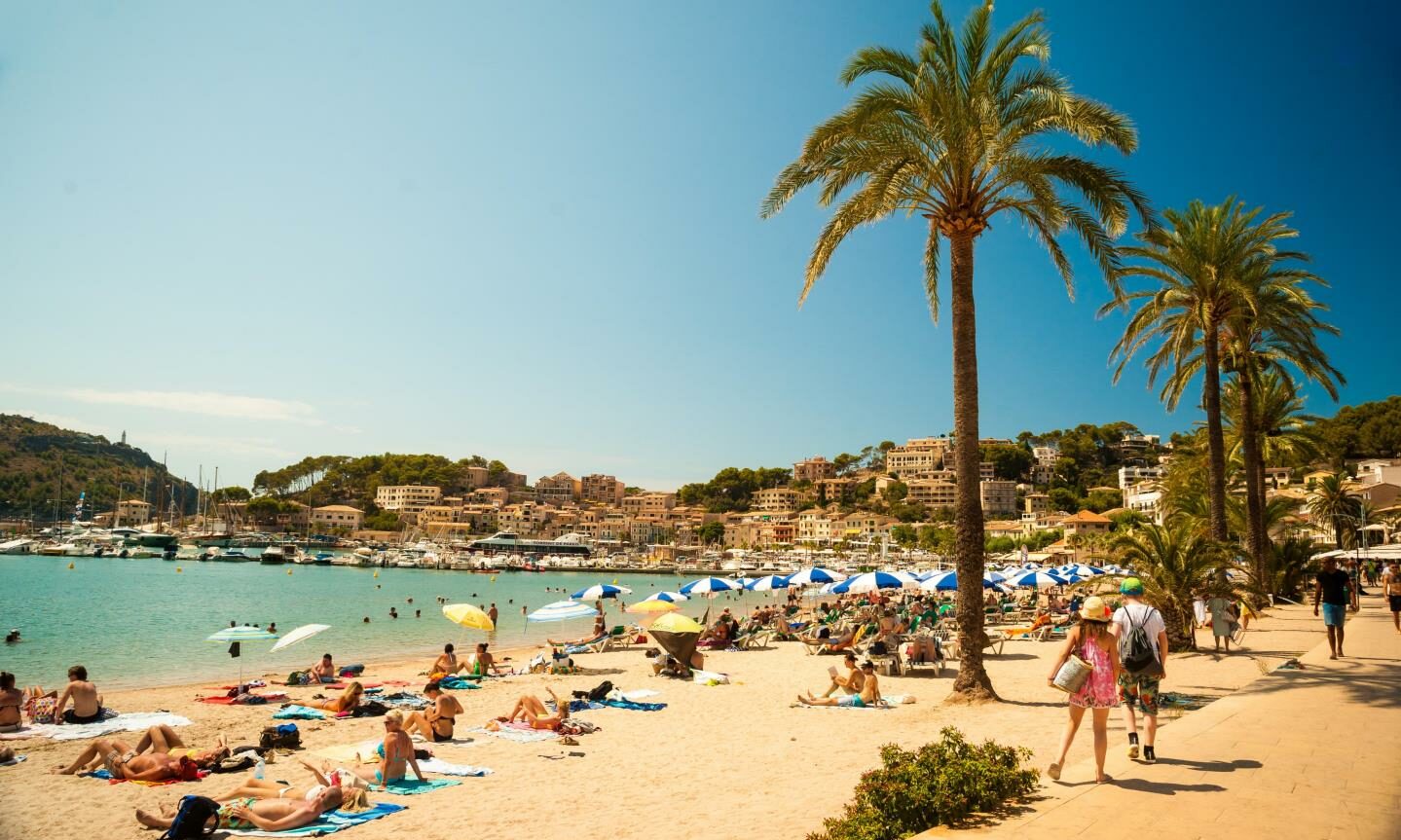
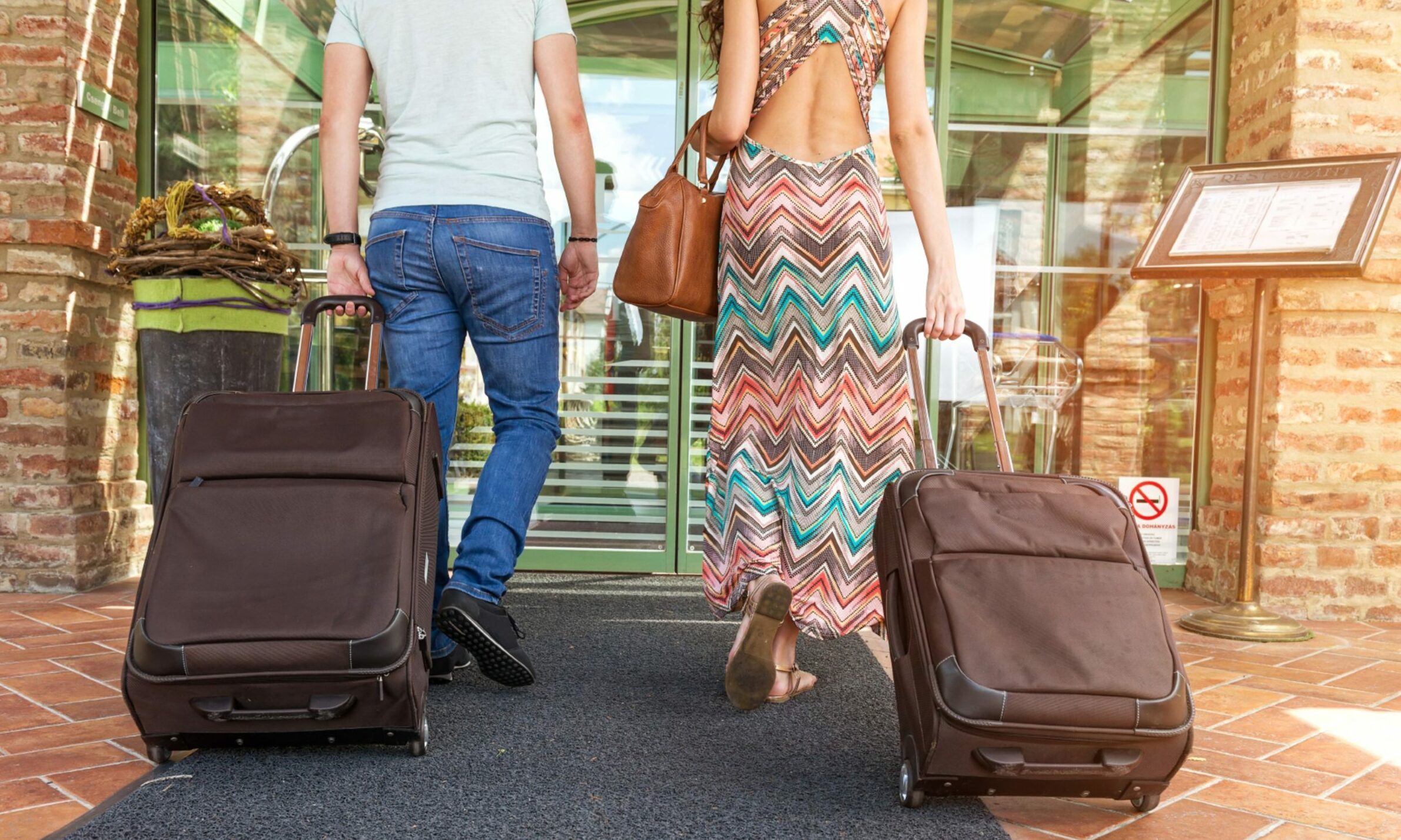
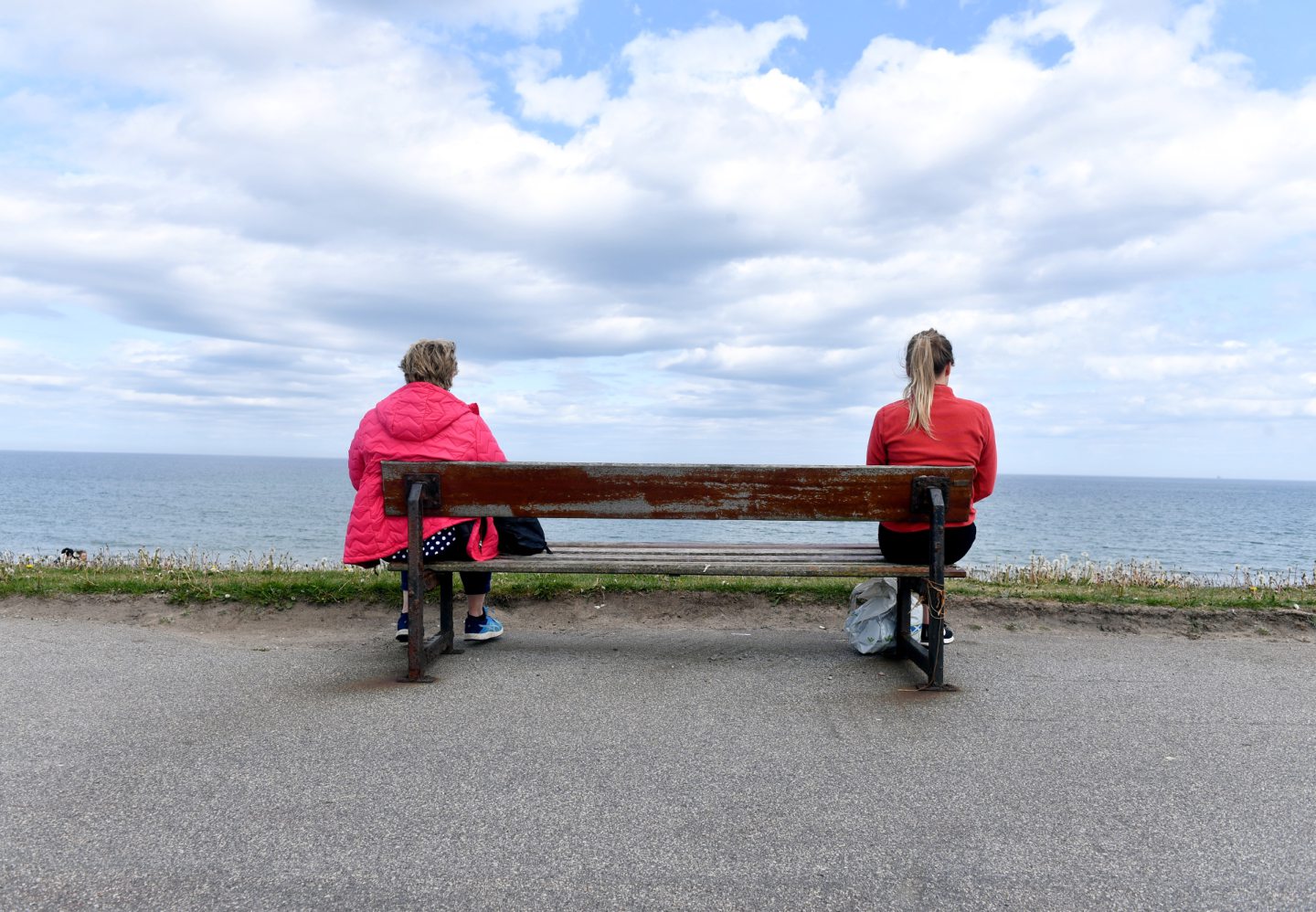
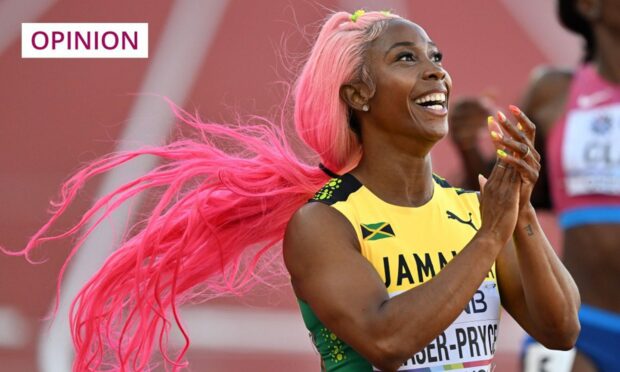
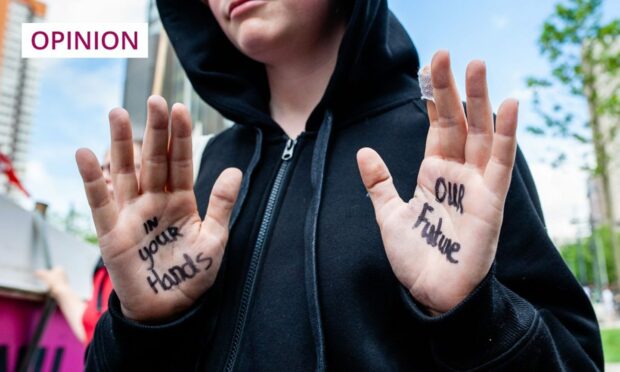
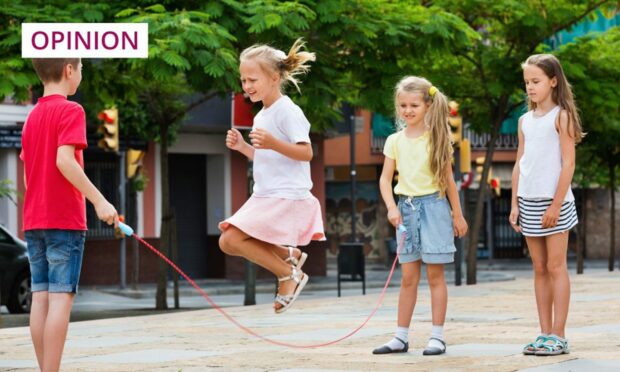
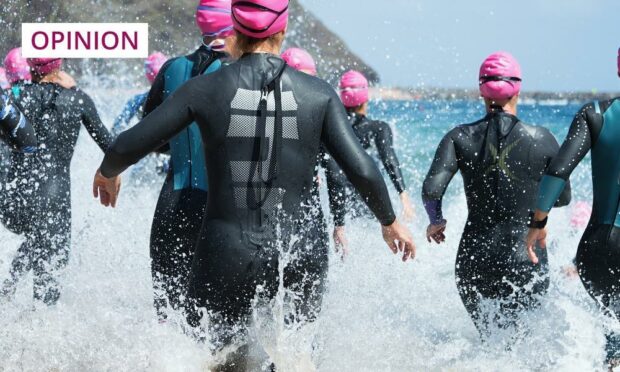
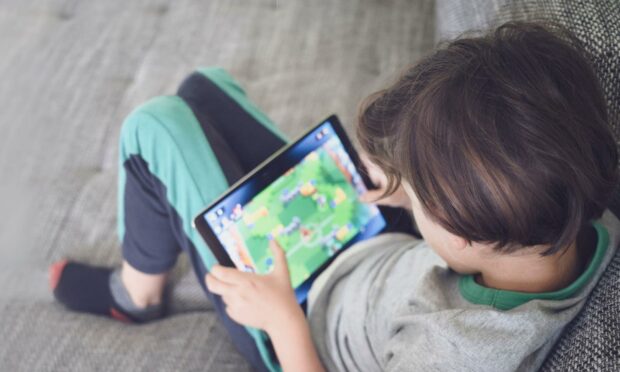
Conversation